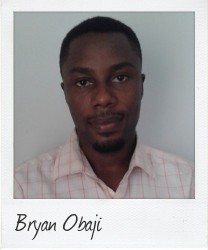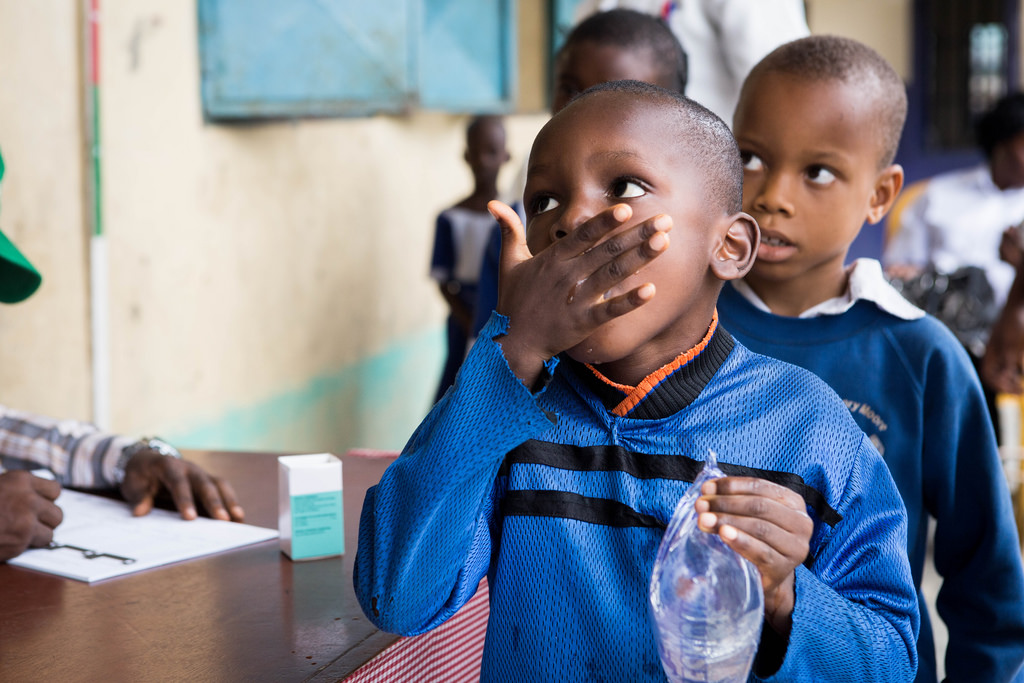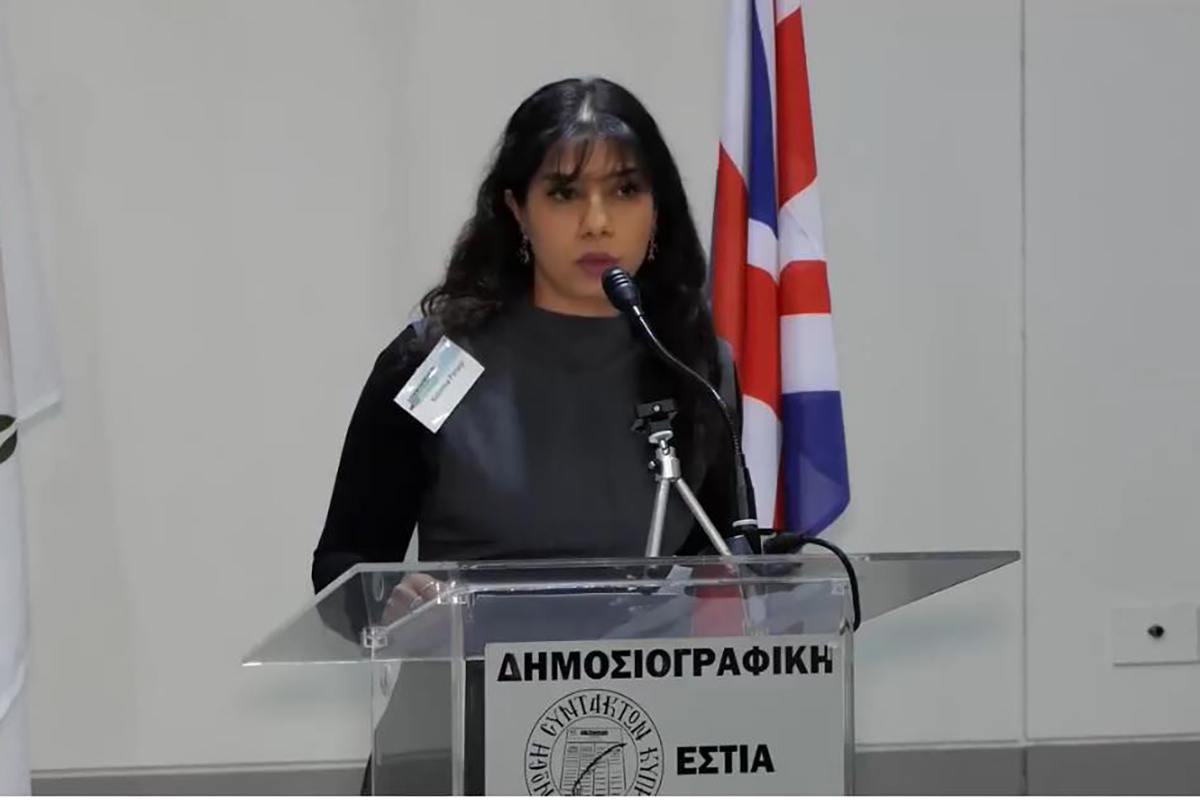“Today’s young people must act as agents of peace”
August 1 The shift towards a more peaceful world order rests squarely on the shoulders of young people, writes Bryan Obaji, 27, a Commonwealth Correspondent from Calabar in Nigeria.
The shift towards a more peaceful world order rests squarely on the shoulders of young people, writes Bryan Obaji, 27, a Commonwealth Correspondent from Calabar in Nigeria.
The modern world is becoming smaller, highly integrated and technologically more advanced. It also becoming highly fragmented, less peaceful, and unsafe for both present and future generations.
Since the beginnings of ‘civilization’, the most gifted men and women have toiled, unsuccessfully to end conflict and warfare. Conflict and carnage continues unabated: in Syria, Myanmar, Afghanistan, Iraq, North Korea, Chechnya, the Philippines, Thailand, Kashmir, Nigeria, Somalia, Libya, Southern Sudan, and the Congo.
In my mind, peace is the feeling that all’s right with the world. When everyone around me in my family, my circle of friends, and my neighborhood is happy, eager to love, accept and relate, I feel at peace.
But those feelings of peace feel fewer and fewer. I’ve had a member of my family be murdered, members of my community killed, and thousands of my fellow countrymen have died in a civil war.
I belong to an economically poor country, but one that is rich in culture and imagination.
As a young leader, I can see subtle changes in thinking that everyone needs to adopt to bring us closer to a culture of peace. For example, we need to update our 20th century idea of putting aside cultural differences with an attitude of tolerance. In the new millennium, we must realize true peace requires a spirit of appreciation. Indeed, true peace will come only when we stop putting aside our differences and learn to embrace them.
I believe that young people can – and must – play an active role in fostering peace. In Nigeria, for example, young leaders can band together by forming grassroots networks in the non-governmental sector. Doing this would help place an added emphasis on the education and spiritual renewal of children. Further progress can be realized if young people forge links in order to demand political development, such as bureaucratic reform, governmental accountability, and transparency. On the global scene, young people can become peace ambassadors and create educational exchange programmes in areas of culture, science, sport, and technology.
The youth of today are the leaders of tomorrow. Youth leaders are an essential part of advancing the culture of peace. Given tools and the opportunity, we can change the world while we are still young. May the 21st century be one of tolerance and peace, free from conflict! Let’s open our minds and horizons, share ideas, interest and values, and build cooperative relations to enrich a new culture of peace for the welfare of future generations.
photo credit: RTIfightsNTDs via photopin (license)
…………………………………………………………………………………………………………………
About me: I am Jetem Bryan Obaji, a trained accountant. Presently, I work for a not-for-profit organisation, sensitising the public on the need for basic education.
In the coming years I hope to channel my efforts and resources towards ensuring a better quality of life for people. Reading, writing and playing fun games are my interests.
…………………………………………………………………………………………………………………
Opinions expressed in this article are those of the author and do not necessarily represent the views of the Commonwealth Youth Programme. Articles are published in a spirit of dialogue, respect and understanding. If you disagree, why not submit a response?
To learn more about becoming a Commonwealth Correspondent please visit: http://www.yourcommonwealth.org/submit-articles/
…………………………………………………………………………………………………………………






